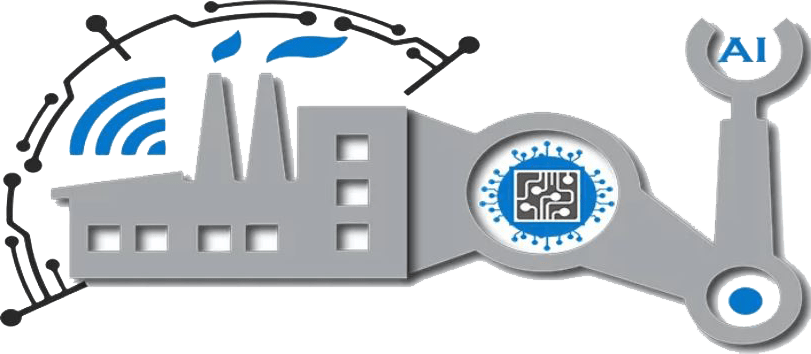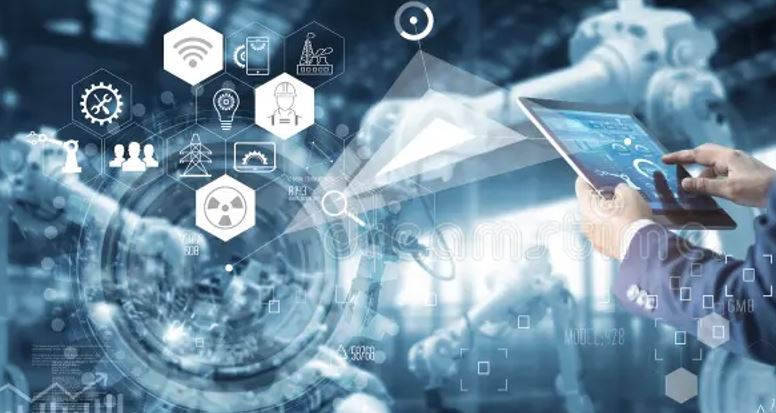The convergence of Artificial Intelligence (AI) and 5G technology is set to revolutionize various industries by enabling faster, smarter, and more efficient systems. The synergy between AI and 5G opens up new possibilities for real-time data processing, enhanced connectivity, and the development of innovative applications across multiple sectors.
AI and 5G: A Powerful Combination
Enhanced Connectivity and Real-Time Processing
5G technology offers significantly faster data transfer speeds, low latency, and increased bandwidth, which are essential for supporting AI applications that require real-time data processing. AI-powered systems, such as autonomous vehicles, smart cities, and industrial automation, rely on the rapid transmission and analysis of large volumes of data. With 5G, these systems can operate more efficiently, making real-time decisions and actions possible.
Edge Computing and AI Integration
The combination of AI and 5G is also driving the adoption of edge computing, where data processing occurs closer to the data source rather than in centralized data centers. This reduces latency and improves the efficiency of AI applications. For example, in healthcare, AI-powered diagnostic tools can analyze medical data in real-time at the point of care, providing instant insights and enabling faster decision-making. In manufacturing, AI-driven robots can perform complex tasks with minimal delay, increasing productivity and safety.
IoT and Smart Devices
The Internet of Things (IoT) is another area where AI and 5G are making a significant impact. The proliferation of smart devices, connected through 5G networks, generates vast amounts of data that AI can analyze to optimize performance, predict maintenance needs, and enhance user experiences. In smart homes, AI can manage energy usage, security systems, and appliances more effectively, while in agriculture, AI-powered sensors can monitor crops and livestock, enabling precision farming practices.
The Future of AI and 5G Applications
As 5G networks continue to expand globally, the integration of AI will unlock even more advanced applications. AI and 5G together will drive the development of smart cities with interconnected infrastructure, autonomous transportation systems, and advanced healthcare solutions that rely on real-time data and analytics. The combination will also enable more immersive and interactive experiences in gaming, entertainment, and virtual reality.
In conclusion, the fusion of AI and 5G technology is poised to transform the way we live and work. By enhancing connectivity, enabling real-time processing, and supporting the proliferation of smart devices, AI and 5G will create new opportunities for innovation and efficiency across various industries, shaping the future of our digital world.





